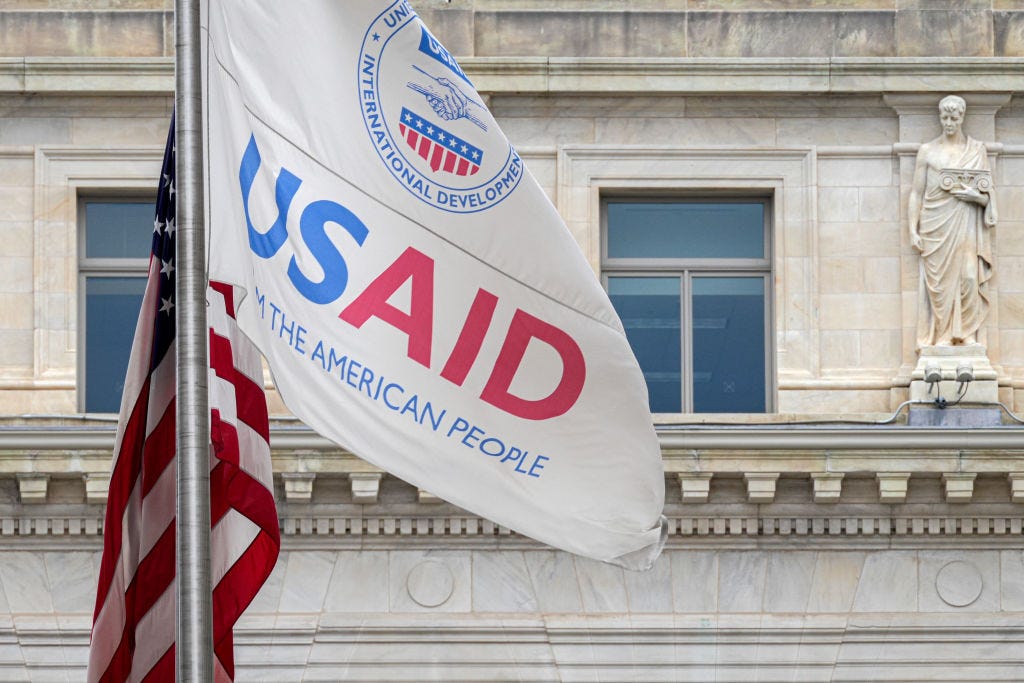USAID fought apartheid. Musk is killing it
The makings of an unelected coup
As we speak, an unelected billionaire, born in South Africa, is staging an unconstitutional coup in the United States, shutting down an agency that happened to fight the apartheid regime he and his family thrived under as rich whites.
Now take a moment and read that again.
This is not a drill. All the drills are behind us now.
The billionaire, of course, i…




